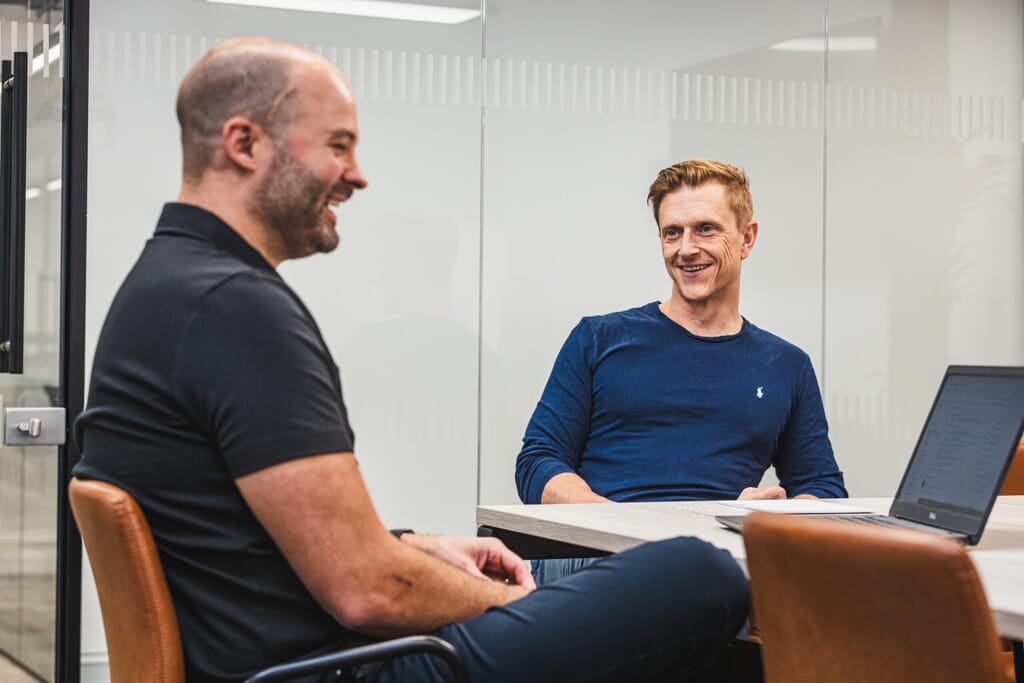ea Futures Case Study

We’ve partnered with one of our banking clients to help them with their next generation of Project Managers.
We worked closely with the senior leadership team within the bank to understand what they wanted from their future leaders, both academically and culturally. We modelled our search and selection process and designed specific psychometric testing to ensure we attracted the right individuals, as per the bank’s vision paying specific attention to those from underrepresented communities within banking.
Upon selection, the graduate trainees underwent a comprehensive training program that included certified training and methodologies (APM, Prince2, SAFe, Scrum) and practical exercises to simulate real-world scenarios.
Graduates were assigned a C-suite mentor to guide them through their journey. Regular one-on-one sessions provided opportunities for knowledge transfer, career advice, and personal development.
Each graduate was integrated into ongoing projects, working alongside experienced professionals. They gradually assumed increasing responsibilities, enabling hands-on learning and skill development.
Their performance was regularly assessed through objective metrics and feedback from project teams and mentors. This evaluation process helped identify areas of improvement and tailor individual development plans.

Improved Project Outcomes: The introduction of graduate Project Managers positively impacted project outcomes. Their fresh perspectives, adaptability, and enthusiasm led to innovative solutions and more efficient approaches to project challenges.
Knowledge Transfer and Collaboration: The trainees’ exposure to various projects and cross-functional teams fostered knowledge sharing and collaboration. They acted as bridges between different departments, facilitating smoother communication and coordination.
Enhanced Team Dynamics: The presence of graduate Project Managers infused new energy into project teams, encouraging other team members to reevaluate their methods and be receptive to change. The diverse skill sets and
backgrounds of trainees contributed to a more inclusive and dynamic team environment.
Talent Pipeline: Several of the graduate Project Managers have transferred into full-time project management roles. The programme has successfully created a talent pipeline, reducing external hiring costs and ensuring a continuous supply of skilled Project Managers.
Conclusion: The implementation of the Futures programme within the bank’s project management journey proved to be a resounding success. By embracing and nurturing young talent, the organisation was able to cultivate a more innovative, diverse, and capable Project Management workforce. The benefits were far-reaching, positively impacting project outcomes, team dynamics, and the long-term sustainability of the company’s talent pool. As organizations increasingly recognise the value of such models, the Futures approach can become a powerful strategy for fostering growth and adaptability in the competitive landscape of Project Management

